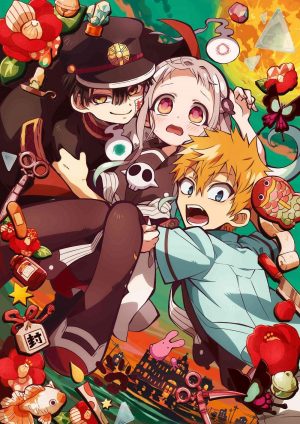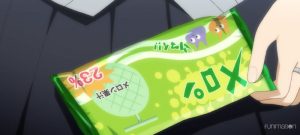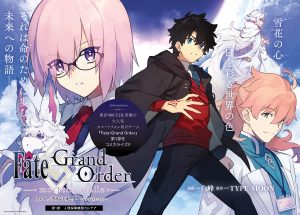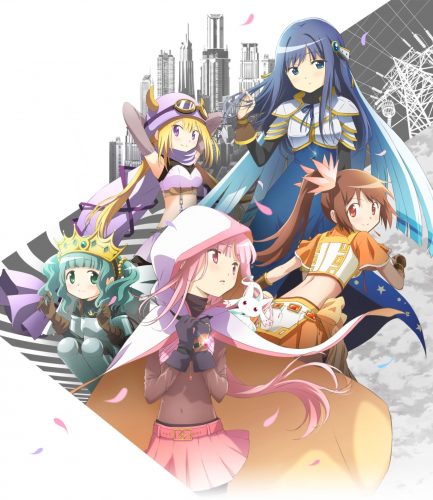
When Puella Magi Madoka Magica exploded onto the scene back in 2011, it shook up the entire magical girl genre by deconstructing its usual tropes and telling a surprisingly dark, insightful tale about what would really happen if young teenage girls were forced to fight monsters every day. It spawned many manga and game spinoffs, perhaps chief among them being the mobile gatcha game Magia Record and its anime adaptation that began airing this season.
But, as exciting as it is to see another Puella Magi show grace the small screen, Magia Record doesn’t capture the same magic as its anime-original predecessor. Could this be because it’s based on a game whose very structure puts the anime at a disadvantage? Let’s investigate.
Overflowing with Magical Girls
Gatcha games, by nature, have dozens of characters for players to collect and train. If they didn’t, how would they get people to spend so much money hoping to get their favorite waifus and husbandos in randomized pulls? So, when games like Kantai Collection and Azur Lane get anime adaptations, they’re positively overflowing with cute girls and don’t try to be serious, character-driven dramas like Magia Record does.
The story justifies this abundance of heroes with an odd rumor that draws magical girls to Kamihama City, but with new characters showing up every single episode, protagonist Iroha and her main motivation to find her missing sister ends up shoved into the background in favor of focusing on the latest additions to the cast. Even characters like Mami and Kyoko from the original Madoka Magica show up on occasion (since they appeared in the game), further pushing the newcomers out of the spotlight.
An Intimate Cast for a Short Run
One of the reasons Puella Magi Madoka Magica made such a big impact is that, even though the world it created held the potential for expansion, it stuck to a core cast of five girls (but usually only four at any given time) and gave each of them complete, fully realized character arcs that fit perfectly into the series’ 12-episode run. You understood their dreams, their fears, and how they all related to one another. Magia Record has the same amount of time to spend, but has introduced over 15 new characters in only 8 episodes: Iroha and her sister Ui, Iroha’s hometown partner Kuroe, the mysterious Yachiyo and her excitable hanger-on Tsuruno, the troubled mercenary Felicia, the dysfunctional trio of Momoko, Rena, and Kaede, and on and on and on.
The show even dedicates precious time to reference other characters from the game who don’t appear in the anime, only serving to confuse new viewers about what they should pay attention to. Each of these characters has an interesting personality and backstory, but when they’re all fighting for screentime and poor Iroha is just along for the ride, it’s hard to care about any of them. Cutting down the cast to an intimate core group would’ve been much better for the story, but since the anime has an obligation to showcase as many characters from the game (which had much more time to develop them) as possible, that can’t happen.
What Magia Record Does Right
As much as we rag on Magia Record for its plot fumbles, there’s one major thing that it excels at, and that’s atmosphere. Shaft’s lonely and subtly sinister architecture for the backgrounds in Madoka Magica comes to life in a whole new way for Magia Record—Kamihama City is filled with wide, empty spaces toned with rich color and dotted with oddly futuristic devices that push the show’s ostensibly modern setting into soft sci-fi with nary a word from the people who inhabit it.
Our favorite details so far have been the digital advertisements in the burger joint that reflect a group of arguing girls’ unspoken thoughts and motivations, as well as the steady countdown of lucky events that starts as a blink-and-you’ll-miss-it blurb on a popsicle wrapper and gradually becomes more and more obvious as the stream of luck runs out. And, needless to say, the Witch/Uwasa’s labyrinths are just as surreal and gloriously off-putting as they’ve ever been.
Final Thoughts
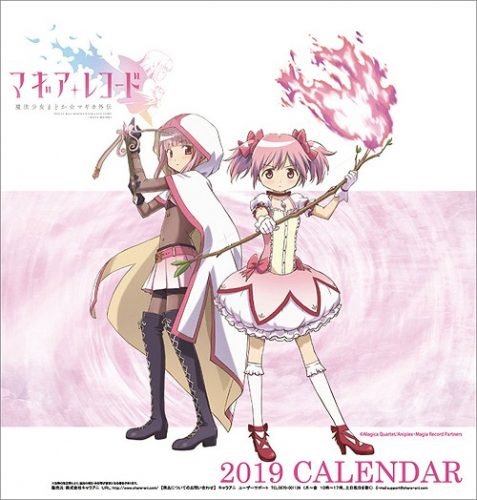
Magia Record definitely suffers from being a mobile game adaptation. The huge cast of characters typical of gatcha games bogs down its attempt at character-driven drama, especially since it has so little time to even tell a simple story from beginning to end. Even so, we love it for its atmosphere, tone, and valiant effort to carry on Madoka Magica’ legacy, and we can’t wait to see the final third of the series!
What did you think of our overview? Do you have any issues with Magia Record? Have you played the gatcha game? Let us know in the comments, and thanks so much for reading!
Recommended Post



